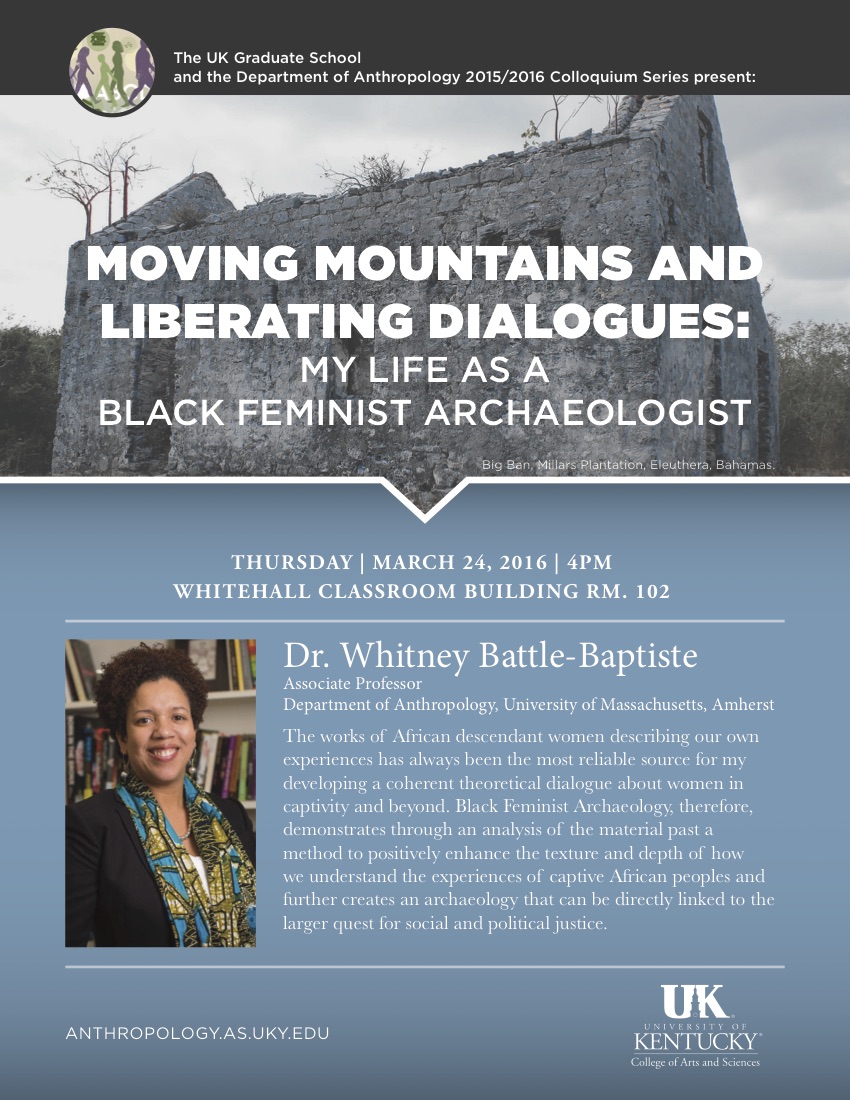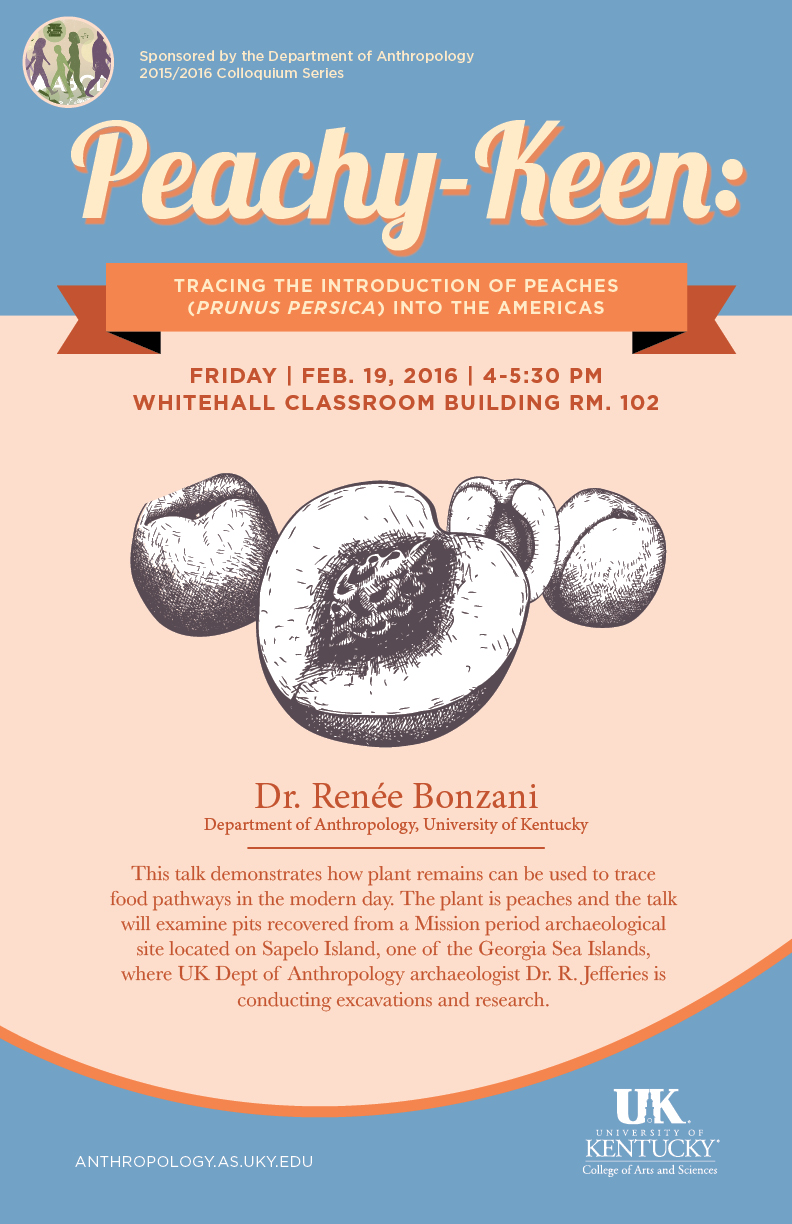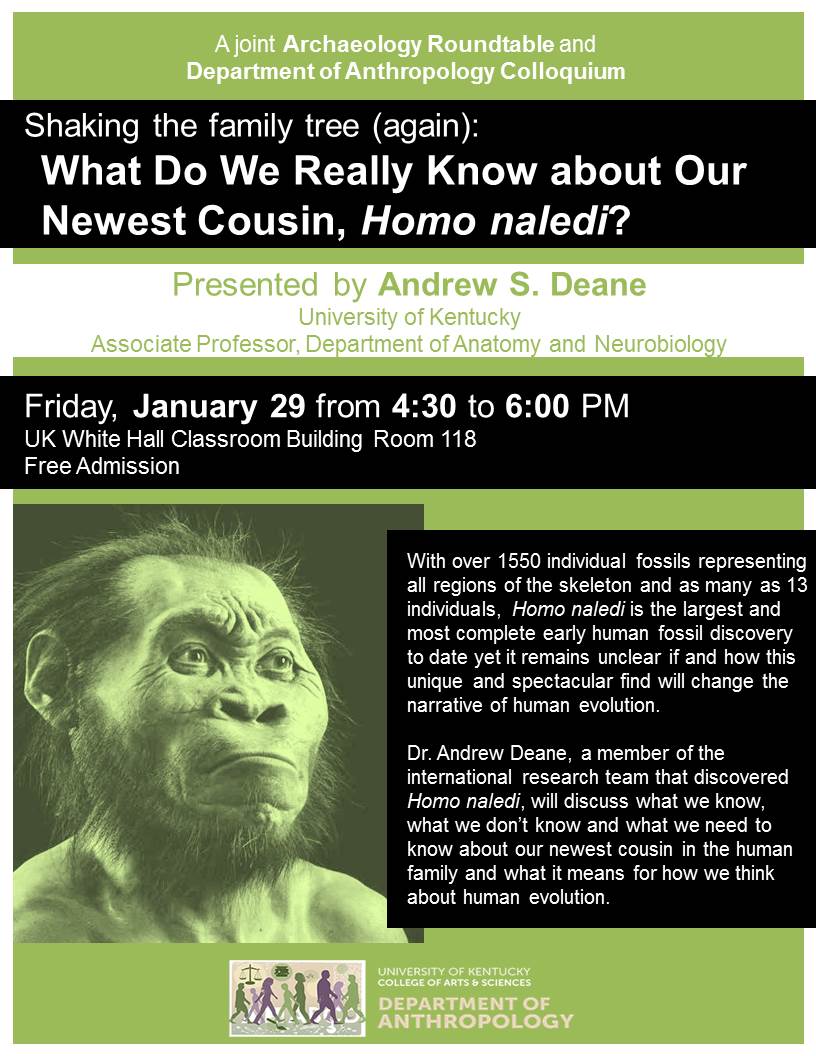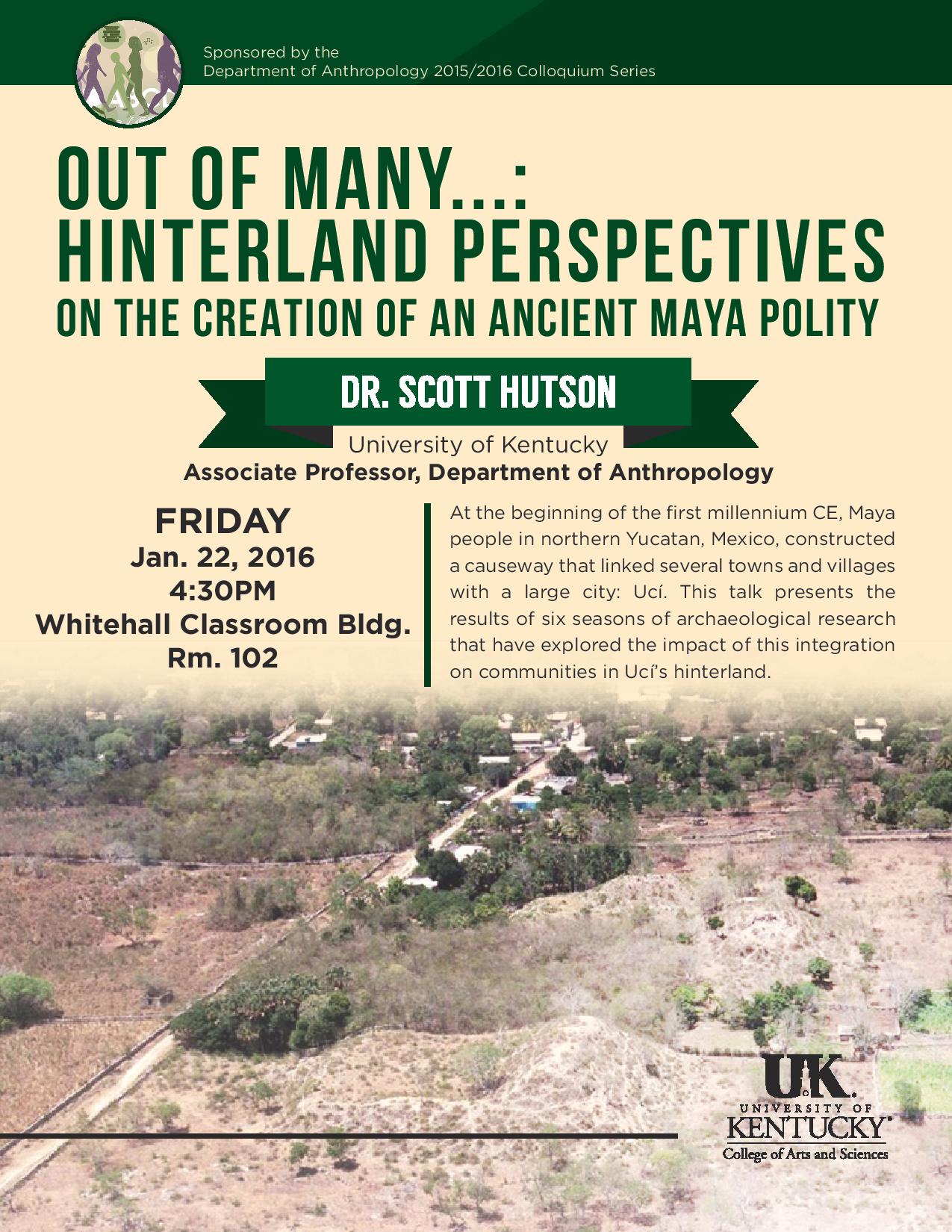Comparing ethnographic and agricultural data collected from two neighboring Biangai villages (Morobe Province, Papua New Guinea), one engaged in a small-scale conservation effort and the other stakeholders in a large industrial gold mine, this paper analyzes the linkages between alternative development regimes, agricultural transformation and human-environmental relations. Working the land is not simply about production, but also about knowing the landscape and its products as nodes in human social relations. Mining regimes disentangle the multi-species networks experienced in the garden, and reassemble them into other spaces. Thus, in the mining inspired transformations of agricultural practices, Biangai are also transforming how they experience their own multi-species community – its past, present and future.
Dr. Jamon Halvaksz is Associate Professor of Anthropology at University of Texas San Antonio, and a 1994 graduate of our very own department. http://colfa.utsa.edu/ant/people/full-time-faculty/bios/jamon-a-halvaksz-ii/.


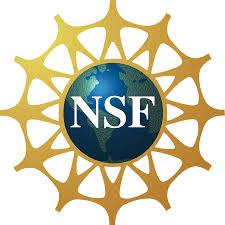 Dr. Jeffrey Mantz will go through the basics of NSF applications, talk about specific programs, and give some general grant writing advice. Mantz is Program Director in Cultural Anthropology and Human Subjects Research Officer at the National Science Foundation, where he has served since 2012. He holds a PhD in Anthropology from the University of Chicago and has previously taught at George Mason University, Cornell University, California State University at Stanislaus, and Vassar College. His own research takes him to the Caribbean and Central Africa, where he explores issues related to inequality, resource extraction, and commodity supply chains.
Dr. Jeffrey Mantz will go through the basics of NSF applications, talk about specific programs, and give some general grant writing advice. Mantz is Program Director in Cultural Anthropology and Human Subjects Research Officer at the National Science Foundation, where he has served since 2012. He holds a PhD in Anthropology from the University of Chicago and has previously taught at George Mason University, Cornell University, California State University at Stanislaus, and Vassar College. His own research takes him to the Caribbean and Central Africa, where he explores issues related to inequality, resource extraction, and commodity supply chains.